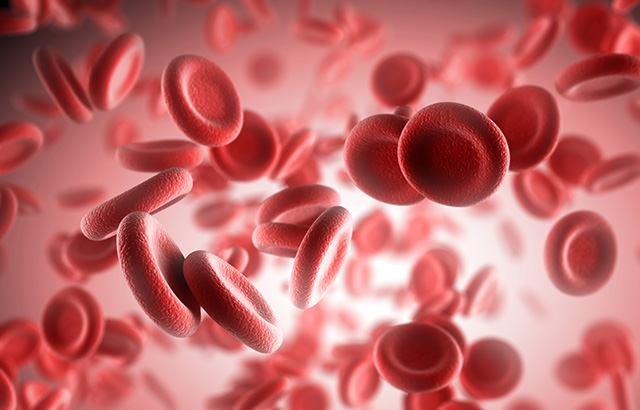Barts Health researchers bring hope to patients with haemophilia B

New results, published this week in the New England Journal of Medicine show that a new gene therapy can be used to treat haemophilia B.
The HOPE-B clinical trial was carried out at research centres across the world, including at The Royal London Hospital, which recruited three of the five UK patients involved in the trial.
It showed that giving patients a single dose of a gene therapy called etranacogene dezaparvovec was better at treating the condition than the current standard treatment.
This means that patients with the disorder may only have to have one dose of this gene therapy to maintain their Factor IX levels, as opposed to regular, life-long injections of it, leading to reduced bleeding events and an improved quality of life overall.
Haemophilia B is a blood clotting disorder which is passed on from generation to generation and mainly affects men in its severe form. People with the condition can’t make, a blood clotting protein called Factor IX, so if they are injured or cut, they can bleed for a long time. They are also prone to bleeds inside their body, including into joints and muscles which can cause other health problems like arthropathy.
The condition is usually treated with regular Factor IX injections into the vein, every week to two weeks. The HOPE-B trial aimed to test if one dose of the gene therapy etranacogene dezaparvovec, which would allow the body to make enough Factor IX properly, was the same or better than the current treatment for haemophilia B in reducing bleeding, in a way that didn’t require regular injections of Factor IX.
The 54 patients in the trial were given the standard of care Factor IX injections for six months followed by one dose of the gene therapy and monitored for 18 months. Results showed that post treatment, patients had significantly lower (64%) bleeding rates and significantly fewer (78%) joint bleeds compared to when they received standard treatment.
Gary Saunders, who was diagnosed with haemophilia B when he was 18 months old, decided to take part in the HOPE-B trial to ‘help young people with the condition, future generations and science’. Speaking on his experience in the trial he said:
“The trial has changed everything. Since I was 18 months old, I’ve had to have an injection at least once every week to manage my haemophilia – I’m now 40.
“But when I received this gene therapy, that changed – I haven’t had to inject myself since 2019. It’s amazing and I’m so glad I could be part of something that will hopefully help others like me in the future.”
Gary Saunders, HOPE-B clinical trial participant
Dr Priyanka Raheja consultant haematologist and research lead for the study at Barts Health said: “The results of this trial show that etranacogene dezaparvovec gene therapy can maintain Factor IX levels without the treatment burden of injections in most patients with severe haemophilia B. It also offers hope to people with the condition – hope of reduced symptoms, reduced bleeds and an improved quality of health and life overall.”
“I’m incredibly proud that we at Barts Health played such a significant role in the trial, from a UK and a global perspective, and I hope that we can bring this treatment to more people with haemophilia B in the future.”
CSL Behring, who in partnership with uniQure were involved in running the trial, have been granted conditional marketing approval by the European Commission for this gene therapy, with a decision from the Medicines and Healthcare products Regulatory Agency (MHRA) decision expected shortly.
Read more:
